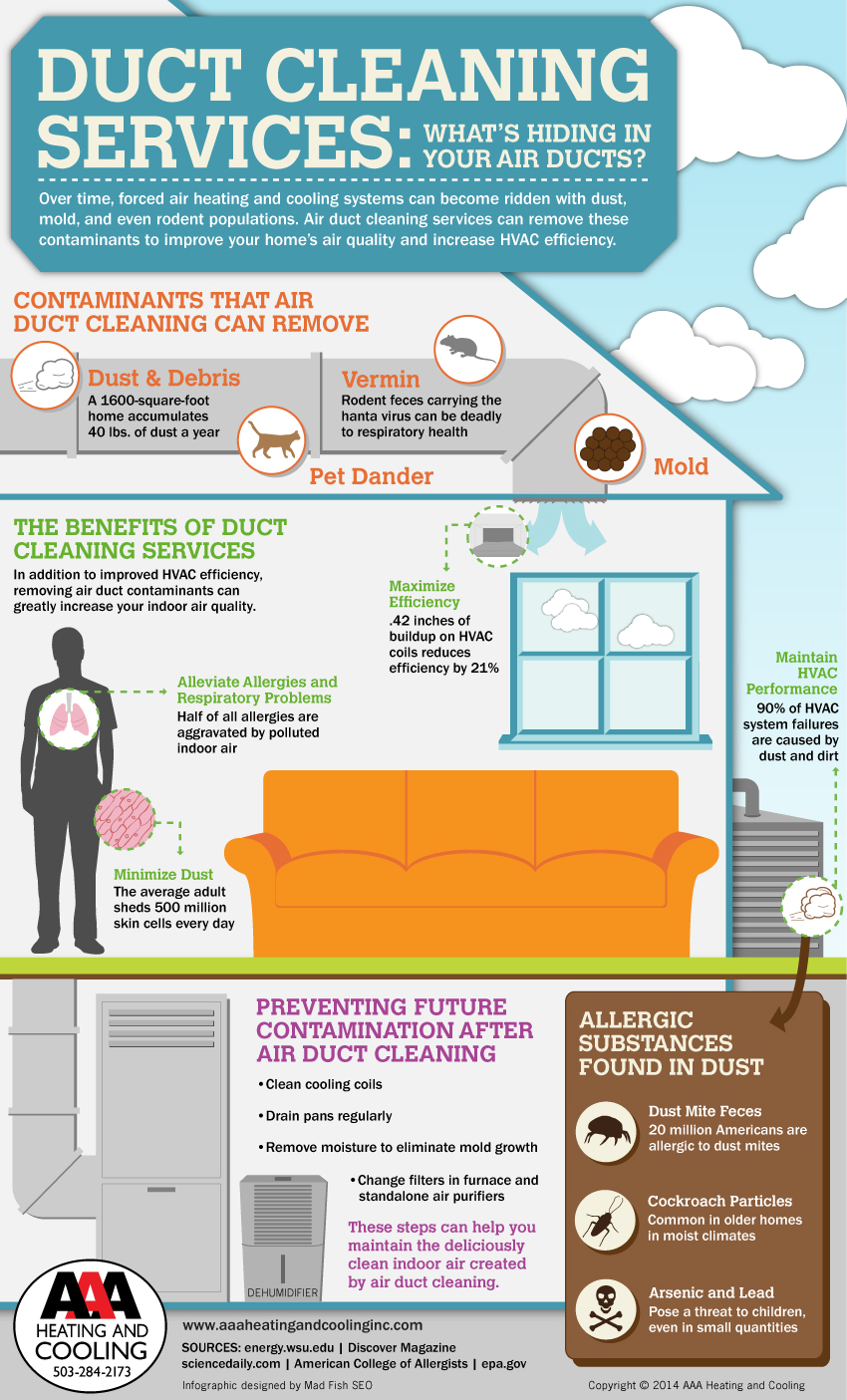Heat Pump Vs Heating System - Which Is The Better Heating Option For Your Home?
Heat Pump Vs Heating System - Which Is The Better Heating Option For Your Home?
Blog Article
Material By-Pearson Mosegaard
Several homeowners recognize with heating systems, which heat homes with oil or gas and press hot air through ductwork. They are reasonably low-cost and can supply reputable heating even during a winter months power outage.
However, they utilize fossil fuels and produce carbon monoxide and other air contamination. They also aren't as energy-efficient as a high-efficiency heatpump.
Expense
Typically, heatpump are a lot more budget-friendly to operate than heaters. They commonly make use of power and cooling agent to extract warm from outdoor air, and afterwards move it right into your home. You can benefit from less costly electricity prices during off-peak hours to additionally lower your home heating prices.
Unlike heatpump, gas or wood-burning furnaces use combustion to create warm, sending out flue gases into the ambience that can be dangerous to your health and wellness. These heating systems are also less energy-efficient than heatpump, and their greater operating expense can accumulate over time.
Heating electric heat pump are a lot more challenging than heatpump and call for routine upkeep to make sure the proper function of all parts. Despite this, they have a tendency to last longer than heat pumps with a normal life expectancy of 20 years or more. Nonetheless, you'll need to consider the cost of gas, gas oil or timber and the extra tools needed for setup and operation such as ducts and ventilation systems.
Energy Effectiveness
Heat pumps have a higher power performance rating than heaters. These systems utilize electricity to feed on warmth from the air, also in freezing temperatures. They can likewise eliminate excess heat from the home throughout warmer months and reuse it to cool down the system. copyright experts can aid you identify the best model for your home on environment and source energy prices.
Heating systems shed gas oil, gas, gas or other sorts of nonrenewable fuel source to heat up the air in the home. This air is then spread with ductwork making use of a huge fan. Heaters generate greenhouse gases and require routine maintenance and equipment upgrades to guarantee risk-free operation.
The largest advantage of a heater is that it can be operated even in severe winter season conditions because it does not count on outside temperature levels to warm the air. Furnaces additionally have a longer lifespan than heatpump and generally last 15 years. They can likewise be paired with dual gas choices, which select the most effective heating alternative based on the climate.
Environment
Heat pumps work well in moderate climates and make use of much less source power than heating systems. Nonetheless, if your region is exceptionally cold, you may need to buy a basic gas heating system rather.
Furnaces give warm, comfy warmth and typically supply fast heating to elevate indoor temperatures. These systems can be used with a selection of gas types, consisting of natural gas, lp, oil or power.
heat pump christchurch nz take in more energy than heat pumps-- as much as 3x as much-- and need ductwork that's pricey to install or retrofit. They're additionally more costly to preserve, as they can trigger air top quality issues and create greenhouse gas discharges.
If you're committed to reducing your carbon impact, a heat pump is a great choice for your home. go now have fewer greenhouse gas emissions than furnaces, particularly if you pick a power CELEBRITY ® heatpump. https://hvac-combo-installers22109.blogsvila.com/29442539/are-heat-pumps-one-of-the-most-effective-a-c-service-for-your-home-a-comparative-evaluation can describe the distinctions in between these two heating unit and assist you make the very best decision for your distinct needs.
Personal Preferences
Heating systems can be very energy reliable when powered by natural gas, gas or oil, yet they aren't as power effective as heatpump in freezing climates. They can also be more expensive to set up, calling for gas lines and air flow systems.
However, heating systems have a tendency to call for less upkeep, which can lead to reduced recurring costs. They generate fewer greenhouse gases and are more trustworthy than heatpump throughout severe weather.
Electric heat pumps are more flexible in creating interior convenience due to the fact that they can also work as ac system during warmer months. They can be more convenient to preserve, requiring only routine air filter changes and periodic vacuuming.
If you choose the ease of a solitary system that does it all, consider a hybrid heating option that sets a furnace with an electrical heat pump. These systems can immediately switch between both heating options based on your home's needs and temperature level problems, maximizing efficiency and savings.